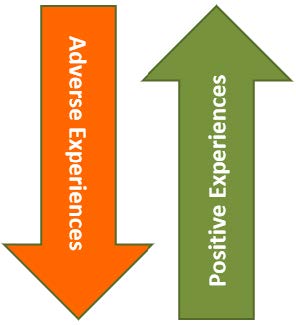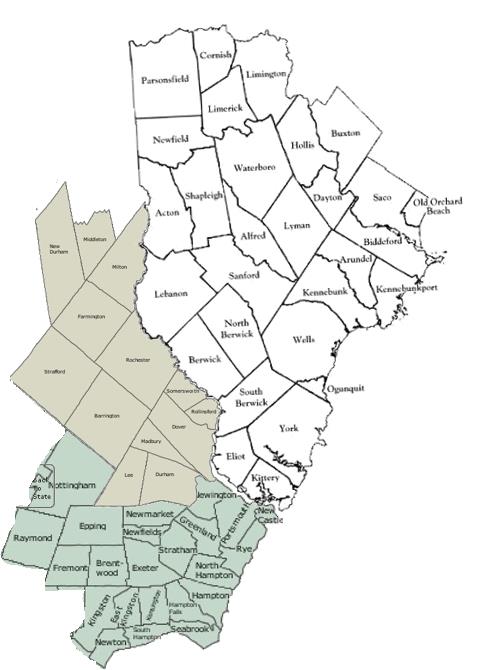Trauma Responsive Care
Adverse Childhood Experiences are now understood to be one of the most powerful determinants of health. Importantly, emerging science informs what we can do to shift the trajectory of health for future generations. What experts have learned is that, as much as treatment and recovery, early intervention and prevention even in pre-school and kindergarten, can have a profound impact on future health and behaviors. Approaching problems in a constructive, understanding way, called trauma responsive care, rather than traditional punitive methods, has a substantial positive impact on future levels of addition, crime, violence and other societal ills.
Instead of asking “What’s wrong with you?” trauma responsive approaches ask, “What happened to you?” and base programs on empathetic and compassionate solutions. Where such approaches have been employed, notably in Washington State and Michigan, rates of these behaviors have dropped by double digits, helping thousands of people to live better lives and reduce financial burdens on the state and municipalities by as much as billions of dollars.
The work that has been done on the impact of adverse childhood influences over the past 20 years has demonstrated without a shadow of a doubt that identifying problems early, treating children as well as adults in a respectful, positive way to help them through difficulties as opposed to being punitive, has a profound impact on their future behavior. Where these principles have been employed the outcomes have been measurably positive both from a quality-of-life perspective as well as an economic one.
Pinetree offers workshops and seminars to help people learn about trauma responsiveness and to think about ways to evolve their own services toward a more restorative approach. Please check our Presentations and Workshops page to find out more.
| Changing Mindset | |
|---|---|
| From: What’s wrong with you? | To: What happened to you? |
| From: Reject and Eject | To: Engage with Compassion and Right Fit |
Strategy: Change Mindset for long-term results
Successful strategies to address ACEs are not just another new program or initiative. We are fostering a change in mindset and culture, focusing on what happened to individuals and finding ways to engage them with compassion. This change in mindset requires significant community education and opportunities for dialogue to reduce adversity and increase positive experiences.

Health as a Double Continuum.
Robust health requires both reducing the level of adversity and increasing the level of positive experiences.

The Master Trainer Strategy: A Systematic Approach to Building ACEs Awareness.
In September 2020, with generous support from area Rotary Clubs and matching funds from Kennebunk Savings Bank and the Maine Community Foundation, 30 highly qualified Master Trainers in Seacoast NH and Southern Maine were trained by leaders in the ACEs field.. These Master Trainers will give presentations to numerous community groups and train Community Resilience Champions in each community. The goal is to reach all major community organizations over the next three years.
Eastern Rockingham and Strafford Counties, NH and York County Maine:
Total Population: 474,770
Total of 142 public schools serving 63,000 students. Of these, 22% or 13,860, have experienced two or more ACEs putting them at higher risk for significant health challenges.
Other Community Services to be reached include:
40 Police Departments
32-38 Medical Facilities and Treatment Centers
820+ Primary Care Physicians